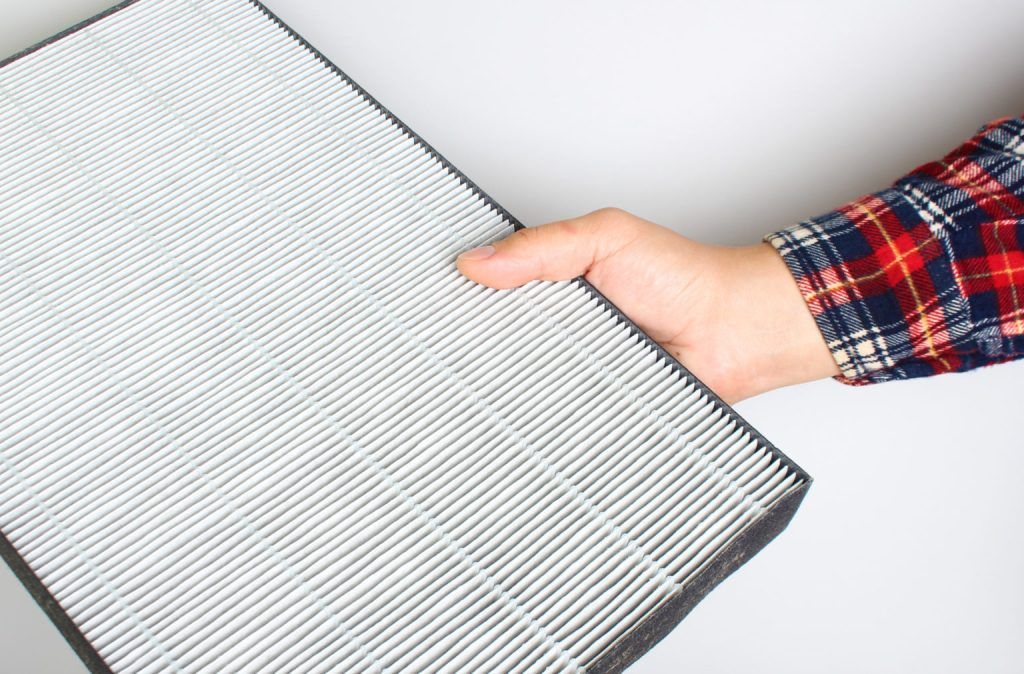
When it comes to maintaining indoor air quality, one of the first lines of defense is your HVAC system’s air filter. It’s designed to trap dust, pollen, pet dander, and other particles, ensuring the air you breathe is cleaner and healthier. But with a plethora of options available, ranging from budget-friendly to high-end filters, you might wonder: Does the price of an air filter really matter? Let’s delve into this debate and explore the factors to consider when choosing an air filter.
**The Basics of Air Filters:**
Before we dive into the price discussion, let’s understand the basics of air filters. Air filters are rated using the Minimum Efficiency Reporting Value (MERV) scale. This scale ranges from 1 to 20 and indicates how effectively a filter can capture airborne particles. A higher MERV rating indicates a more efficient filter in terms of particle removal.
**Cheap Filters:**
Cheap air filters are often characterized by their lower price points. These filters usually have lower MERV ratings, typically ranging from 1 to 4. While they might be easy on the wallet, they might not be as effective at capturing smaller particles like allergens, bacteria, and fine dust. These filters are better suited for protecting your HVAC system from larger debris but might not provide optimal indoor air quality improvements.
**Expensive Filters:**
On the other end of the spectrum, expensive air filters tend to have higher MERV ratings, usually falling within the range of 9 to 16. These filters are designed to capture a wider range of particles, including those that can contribute to allergies and respiratory issues. They are more efficient at removing allergens, mold spores, and fine dust, providing a cleaner and healthier indoor environment.
**Price vs. Performance:**
So, does the price of an air filter directly correlate with its performance? The answer is both yes and no. While expensive filters with higher MERV ratings generally offer better filtration and improved indoor air quality, the right filter choice depends on various factors:
1. **Home Needs:** Consider your home’s specific needs. Do you have family members with allergies or respiratory sensitivities? Are you located in an area with high pollen counts? These factors can guide you toward a filter that suits your situation.
2. **HVAC System:** Some HVAC systems are not designed to handle the airflow resistance of higher MERV filters. Using a filter with a MERV rating that is too high for your system could strain the system, potentially causing reduced efficiency or system malfunctions.
3. **Frequency of Replacement:** Regardless of price, all air filters need regular replacement. Expensive filters with higher MERV ratings might clog more quickly, necessitating more frequent changes. This can impact both air quality and the cost of filter replacements.
**Finding the Right Balance:**
Rather than focusing solely on price, finding the right balance between cost, filtration efficiency, and system compatibility is crucial. A mid-range air filter with a MERV rating that meets your home’s needs and suits your HVAC system is often a practical choice. Regular maintenance, such as replacing filters on schedule, also contributes to maintaining good indoor air quality.
**In Conclusion:**
The price of an air filter does matter, but it’s not the only factor to consider. While cheap filters might save money upfront, they could fall short in terms of air quality improvement. Expensive filters with high MERV ratings offer superior filtration but need to be balanced with system compatibility and replacement frequency. To make an informed choice, assess your home’s requirements, consult HVAC professionals, and aim for a filter that strikes the right balance between cost and performance. After all, a cleaner and healthier indoor environment is an investment worth making.
